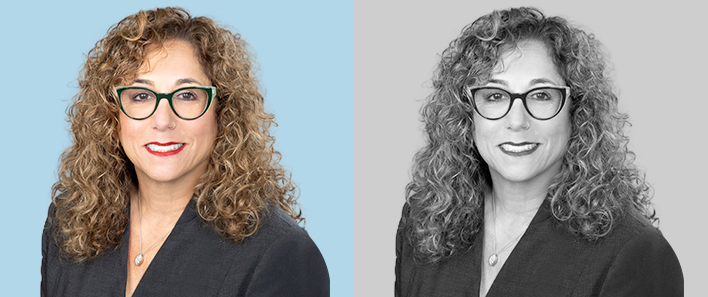Debunking Medicaid Myths About Florida Elder Law Planning

When it comes to Medicaid, elder law, and planning for assisted living, it seems that family and friends will always have advice to share. In some cases, this is information you can use. Two of the most important points are:
- Medicaid is a public health program established by the US government, and it is based upon need.
- Medicare is a similar program for individuals, but it is based upon age and does not cover costs of long-term care.
To qualify for Medicaid, you must meet eligibility rules established by Centers for Medicare and Medicaid Services (CMS). Your income and assets need to be under a certain threshold to qualify, but the program DOES pay long-term care.
Aside from these two factors, there is a considerable amount of misinformation. Your friends and family have good intentions, but they may not have the most credible, reliable details. They can steer you in the wrong direction, so it is smart to trust a Dade City elder law attorney for help with long-term care planning. Debunking these myths is also helpful.
Myth #1: You can spend down your assets to qualify for Medicaid. CMS has implemented a lookback rule, in which officials will review all transfers of money, real estate and personal property you made within 5 years before applying. If you sold an item for less than what it is worth, the transaction will raise a red flag. The assumption is that you were trying to spend down your assets to become eligible for Medicaid, and there are penalties for this misconduct.
Myth #2: You may take advantage of gifting laws to reduce your estate. There is some confusion over lifetime gifting for purposes of income and estate taxes, compared to eligibility for Medicaid. The lookback rule is the key to qualifying for Medicaid – not rules established by the IRS. Any gifts you give to family, friends, or charity would obviously not be in exchange for the fair market value. The penalties described above apply, so CMS will delay or deny your eligibility.
Myth #3: You should add a child as co-owner to assets. Not true, since you cannot avoid application of the lookback rule by adding another person’s name to the title on real estate, bank accounts, or other property. CMS will still include the value when determining Medicaid eligibility. Further, that person could cause you to lost that asset.
Myth #4: You could lose your home at death to pay back Medicaid benefits. There are rules regarding estate recovery, in which CMS will attempt to get paid back for the benefits provided by the government while you were alive. However, the government cannot move forward on seeking reimbursement if your surviving spouse, a dependent, or disabled adult lives in your home.
Talk to a Florida Elder Law Attorney About Medicaid Planning
Clearing up these myths about Medicaid and long-term care is useful, but you should rely on experienced legal counsel for help. For more information, please contact The Law Office of Laurie R. Chane. Individuals in Pasco County can schedule a consultation by calling 352-567-0055 or visiting our website.
Source:
medicaid.gov/medicaid/eligibility/index.html

